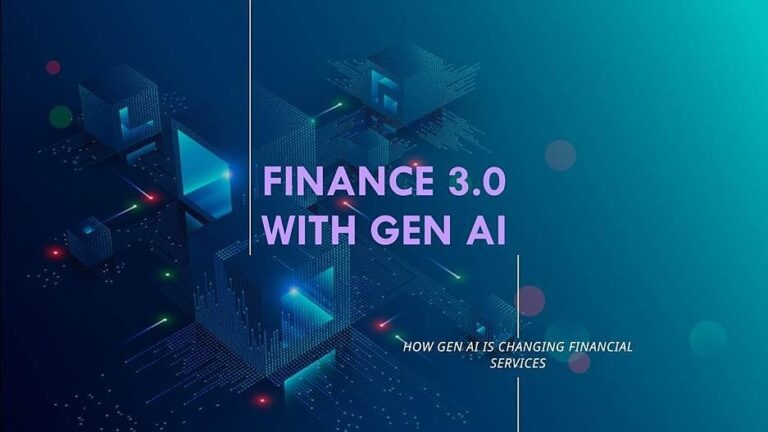Transforming Financial Services with Artificial Intelligence
Artificial Intelligence (AI) is driving a significant evolution in the financial sector, reshaping how institutions make decisions and create value. From predictive analytics to fraud detection and portfolio management, AI is changing the operational landscape of finance. With the rapid advancement of technology, integrating AI has transitioned from being an experimental phase to a crucial component for competitiveness in the digital economy.
The Role of AI in Financial Decision-Making
The integration of AI into financial practices has advanced from pilot projects to enterprise-wide transformations. Major banks, insurers, and investment firms utilize machine learning models for managing risk, assessing creditworthiness, optimizing portfolios, and scaling anomaly detection. This shift enables organizations to analyze vast datasets in real-time, allowing for data-driven decisions that improve overall performance and reduce human error.
Real-World Applications of AI in Finance
AI is redefining financial services through various applications:
- Predictive Risk Management: AI can analyze historical and transaction data to forecast payment defaults and credit risks, allowing institutions to refine underwriting practices.
- Fraud Detection: Machine learning continuously monitors transactions to detect suspicious activity in real-time, helping financial firms avert significant losses.
- Personalized Financial Advice: Robo-advisors leverage AI to deliver tailored investment recommendations, democratizing access to wealth management.
- Algorithmic Trading: AI-driven trading systems execute high-frequency trades and adapt strategies instantly based on live market data.
- Operational Efficiency: Automating routine back-office tasks like reconciliations and data entry enhances accuracy and allows personnel to concentrate on strategic decisions.
Why Financial Executives Are Investing in AI
In the volatile and competitive landscape of finance, executives are increasingly recognizing AI’s role in enhancing predictability, improving compliance, and enabling agility. Key benefits include speed and precision in decision-making, cost optimization through automation, mitigation of risks through predictive analytics, and elevated customer experiences driven by intelligent personalization.
Challenges of AI Implementation in Finance
Despite its advantages, implementing AI within complex financial environments presents challenges. Legacy systems, data fragmentation, and regulatory constraints can hinder adoption. To overcome these challenges, financial institutions must align AI technology with their strategic priorities while ensuring ethical practices. Partnering with experienced AI consulting firms can facilitate this process, providing expertise in data strategy, model validation, and regulatory compliance.
AI Implementation: From Concept to Impact
Transitioning from experimentation to successful integration of AI requires structured execution. AI implementation services assist financial institutions in translating AI potential into tangible outcomes. This involves identifying high-value use cases, deploying secure models, and establishing governance protocols for continuous performance improvement. The right implementation strategy enhances, rather than replaces, the expertise of financial professionals.
The Future of AI in Finance: A Roadmap for Transformation
The next stage of AI in finance focuses on adaptive intelligence—systems that autonomously reason, predict, and advise. Technologies like generative AI and large language models promise to enhance functions such as financial planning and compliance documentation. The future will see CFOs using AI co-pilots that can synthesize real-time data and provide swift, insightful recommendations.
Conclusion: Building Intelligent Financial Enterprises
Financial leaders must regard AI not merely as an emerging innovation but as an essential business imperative. Institutions that act decisively will gain lasting advantages in efficiency, risk management, and customer experience. By leveraging robust tools like AI XPLR™ and ZBrain™ and collaborating with trusted AI consulting firms, organizations can navigate the journey from experimentation to impactful transformation, setting themselves up for future success.

